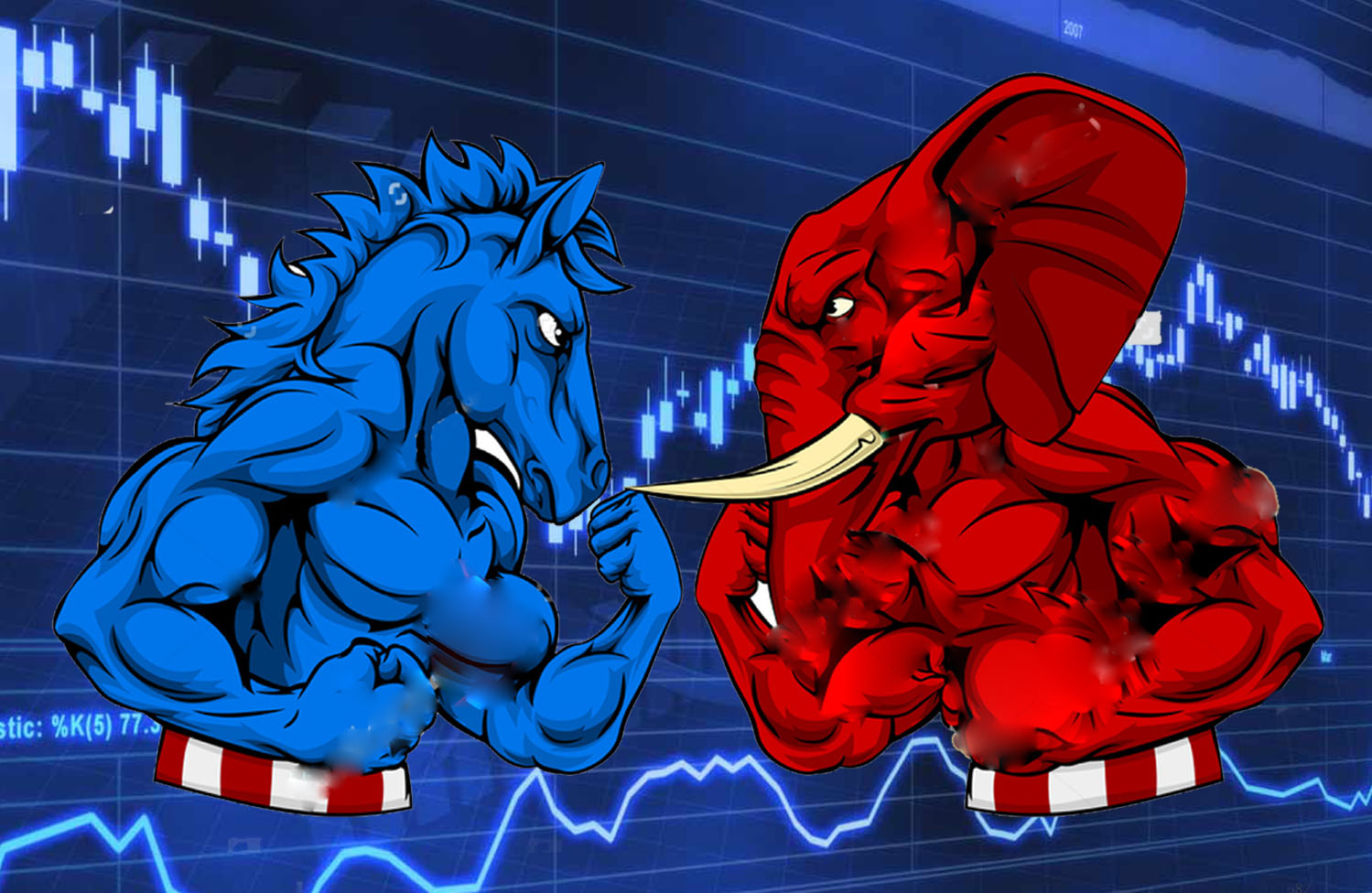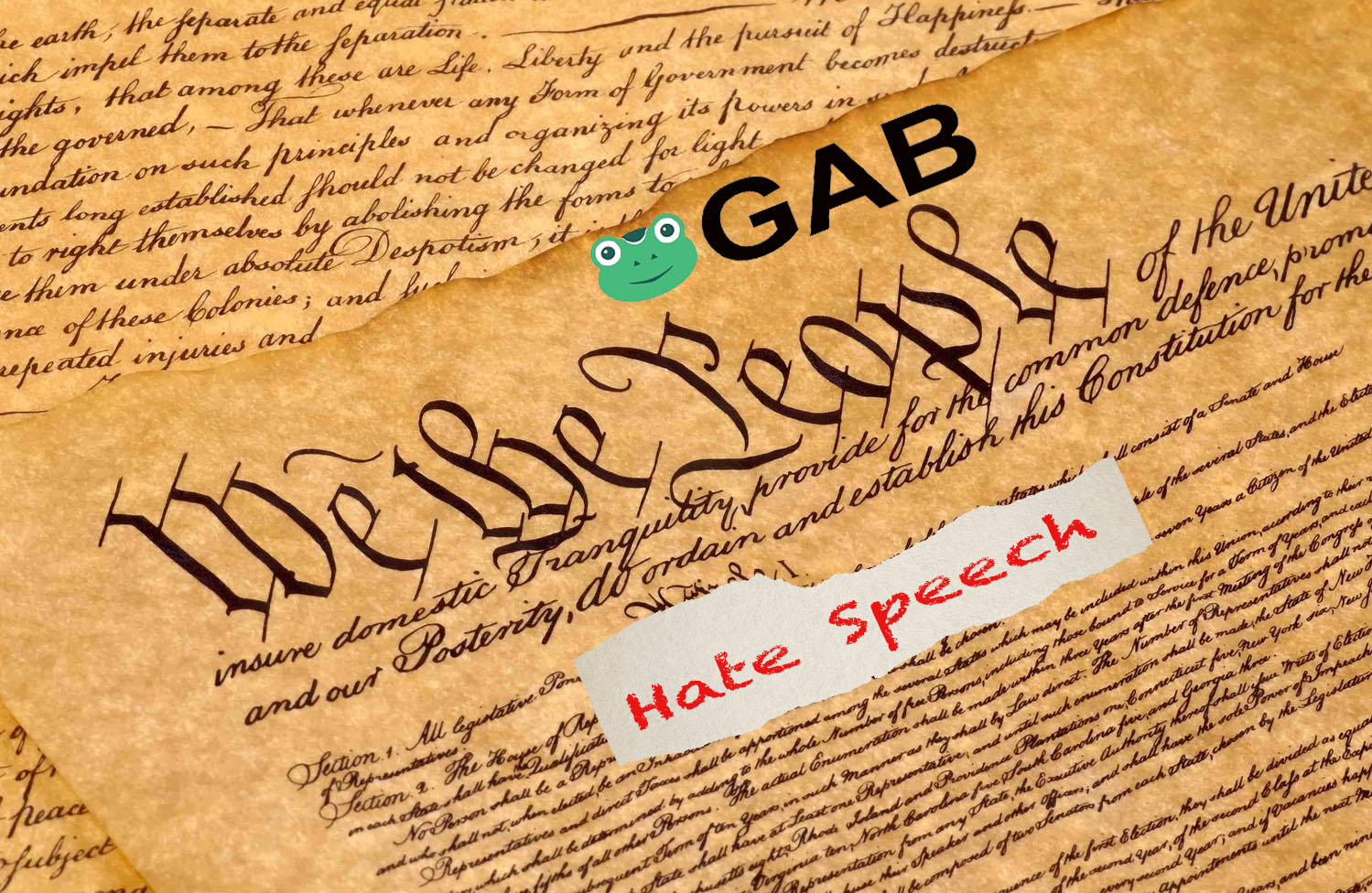Midterms Matter
Few people recognize the importance of midterm elections in the U.S. and this notion presents a potential threat to the future of American democracy as we know it. Over the course of the last few weeks, we have witnessed events in the news with increasing severity, resulting in a nation guided by fear. Last week, a mass shooting took place at a synagogue in Pittsburgh, striking fear and pain in the hearts of the global Jewish community. One week prior, an individual sent packages containing improvised explosive devices to prominent political figures around the country.
How we, as a country, respond to these threats is largely dependent on the people we elect to represent our interests in government, as well as the legislation we agree, should be brought to the table. It is for these reasons, among many others, that the midterm elections are crucial for the fate of our nation. While we are a nation built on the hopes and aspirations of its people, we are a nation funded by capital and driven by a growing, healthy economy. Historically, the midterm elections have resulted in upward trends for the stock market.
In fact, according to comparative statistics, since 1946, there have been eighteen midterm elections and stocks have improved in the following months after every single election. Since World War II, whether a Democrat signed the White House Lease and the Grand Ol’ Party got hella congressional, the market has always positively responded to the events of the midterms.
Election Results and Market Trends
According to Forbes, stocks have climbed an average of 18./4% in the nine-month period from Sept. 30 through June 30 of the following year. Analysts point out that given we are 75% through the current presidential term, usually the strongest year for the market, the midterms on Tuesday will potentially bode well for investors.
As for the method to this madness, political analysts offer a simple theory. Every President from Barack to Bush, and back, more than anything, wants to be reelected. Whether they want to further their legacy or make good on promises to “bring our troops” home, the leaders of our country want to stay in office as long as possible. One of the biggest indicators of success for a country is the strength and wellness of their economy and who else but the President can assure this takes place? Naturally, a stimulated economy causes the stock market to react positively, thus pleasing investors, who then laud the current President with impressive approval ratings.
Boom, reelection. It’s a predictable, yet effective cycle.
Of the nineteen presidents who’ve sought reelection since 1900, fourteen found success. If my junior high math skills are sufficient and intact, that’s a 73.6% chance that President Trump will be reelected if he chooses to go for the gold in 2020. Jeff Somer, a political contributor for the New York Times, argues that given the reelection history for presidents coupled with midterm-market correlations, the second half of a presidential term is the best time to sweeten the economy as reelection looms shortly after. After the disastrous October the market endured, both company executives and investors are hoping that the midterms repeat their 70-year pattern and bring the stock market back to life.
“Markets will be closely watching the upcoming midterm elections as shifts in the balance of power in Washington could have meaningful implications for fiscal policy and foreign relations.”
–Niladri Mukherjee, Director of Portfolio Strategy, Merrill Lynch
Tuesday’s midterm elections are expected to give Democrats control of the House of Representatives and keep Republicans safe in the Senate. Though this creates a diametric split in the legislative branch of government, economists believe the legislative gridlock “won’t necessarily weigh on the markets or real economic growth.”
The bottom line is Americans need to get out and vote. If you’re interested in seeing fiscal policy passed by legislators, do everything in your civil power to elect representatives who will see to it that these laws come to pass.
Given the historic correlation between the health of the US economy and the success of the stock market, it would be foolish not to voice your opinion, but, ultimately, that choice is up to the individual.





